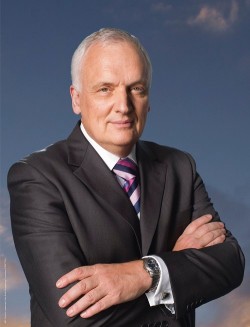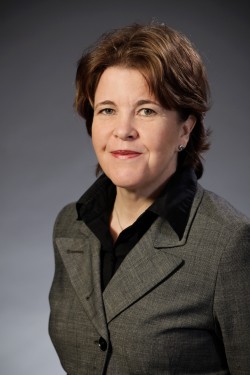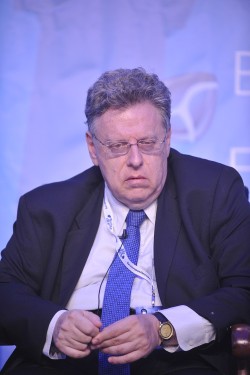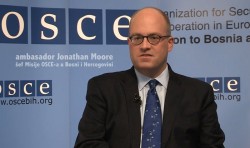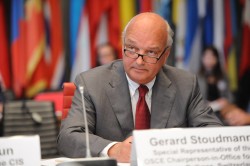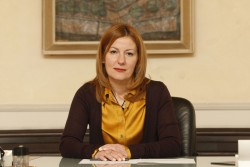Plenary Panel 1: Reaffirmation of OSCE’s Role in Conflict Management
Forty years after the adoption of the Helsinki Final Act, the OSCE seems to have reemerged from the margins of international relations. This organization has survived difficult times since the end of the Cold War. Many thought that it had reached its maximum and that it would never recover. Nevertheless, while its future is still unclear it is obvious that it needs to be reformed. The potential of this organization has been pointed out very often as it is the only pan-European security organization that spans the Euro-Atlantic region and includes the US, Canada, Russia and all CIS states. Consequently, the OSCE may be employed within a multilateral context, involving Russia as an active member, thereby lending real legitimacy to the security measures adopted for Europe, the CIS, and Central Asia. Furthermore, the institution’s physical presence in the region in the form of field missions and direct, long-term involvement with parties on the ground in democratization and conflict mediation efforts – spanning political, economic, military and linguistic issues – gives the OSCE a comparative advantage over other security organizations like NATO, which are only recently getting accustomed to “out of area” involvement.
Though lacking its own military forces, the OSCE has nonetheless contributed to Europe’s military security – an important function not often associated with this institution – through the negotiation of ground-breaking agreements on arms control. Following the dramatic changes in the present day security environment however, the OSCE, like other security organizations, needs to adapt to remain relevant. One of its greatest strengths (or weaknesses) has been its flexible and loose bureaucratic structure. Under the current conditions, identifying the cutting edge of the OSCE’s future impact means nothing less than effectively protecting its core principles: common and co-operative security, shared norms and commitments – including those in the human dimension – and inclusive dialogue.
These principles are now in serious jeopardy. The gravity of the OSCE’s present situation lies in the fact that its two key dimensions have simultaneously come under serious pressure. Although not explicitly revoked, the OSCE’s normative acquis, particularly in the human dimension, are facing ever-increasing challenges from a number of participating States. States are no longer able to agree on the meaning of key norms such as democracy and human rights. At the same time, the Organization’s co-operative security policy is being undermined by a resurgence of unilateral military thinking in a number of participating States, particularly the Russian Federation and the USA. The very existence of the OSCE’s politico-military dimension is threatened by the impending collapse of the Treaty on Conventional Armed Forces in Europe (CFE). The main strategic consequence of this exasperated situation is that there is no viable option for a gradual, intermediate strategy. Over the last few years, the participating States have taken a business-as-usual approach because they cannot agree on key political issues. This approach, if continued, will inevitably lead to further stagnation and marginalization of the Organization.
Discussion topics:
1. What is left of common OSCE vision for the Euroasian area?
2. What could be a new common OSCE vision for the Euroasian area?
3. How influential was the OSCE in managing the crisis in Ukraine?
4. How effective is Serbia’s Chairmanship‐in‐Office?
Speakers:
Amb. Roksanda Ninčić‚ State Secretary, Ministry of Foreign Affairs, Republic of Serbia
Amb. Gérard Stoudmann‚ Special Representative of the OSCE Chairperson-in-Office for the Western Balkans
Amb. Jonathan Moore‚ Head of OSCE Mission to Bosnia and Herzegovina
Amb. István Gyarmati‚ President, International Centre for Democratic Transition
Teija Tiilikainen‚ Former State Secretary, Director of the Finnish Institute of International Affairs
Chair: Nik Gowing‚ International Broadcaster and Visiting Professor in War Studies, Kings College London

